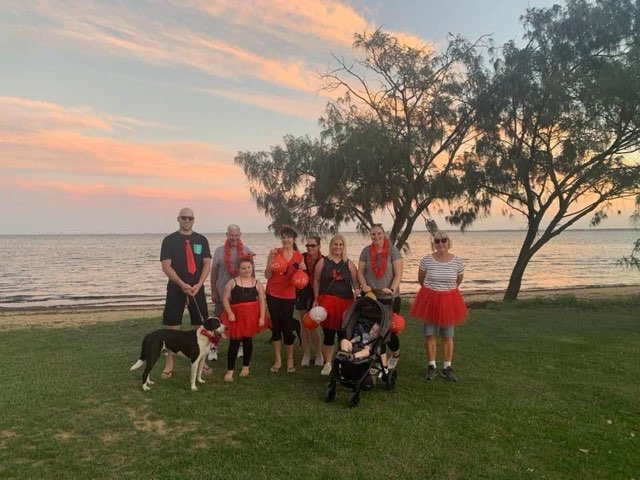As Karryn prepares to mark 10 years since her first episode of Multiple Sclerosis (MS), this year’s MS Moonlight Walk isn’t just an opportunity to connect and give back, but a statement of intent.
“One of my favourite quotes I try to live by is, ‘sometimes you have to let go of the picture of what you thought life would be like and learn to find joy in the story you are actually living’,” Karryn said.
“Day-to-day I try to be positive about my diagnosis, but I believe putting my own story out there and being raw and authentic with my experience is important to raise awareness and fundraise for support, research and hope!
“By sharing my journey, I hope others learn more about this often invisible but debilitating neurological condition but also see how the donations raised through the MS Moonlight Walk helps to support people living with MS.”
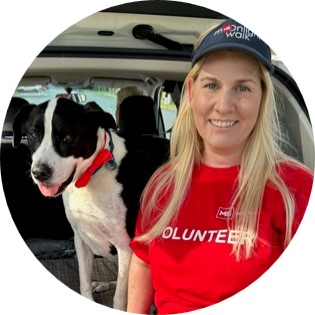
“The thing I have learnt most importantly is to rest when I need to before my body gets to the stage of exhaustion and find gratitude daily in the small things.”
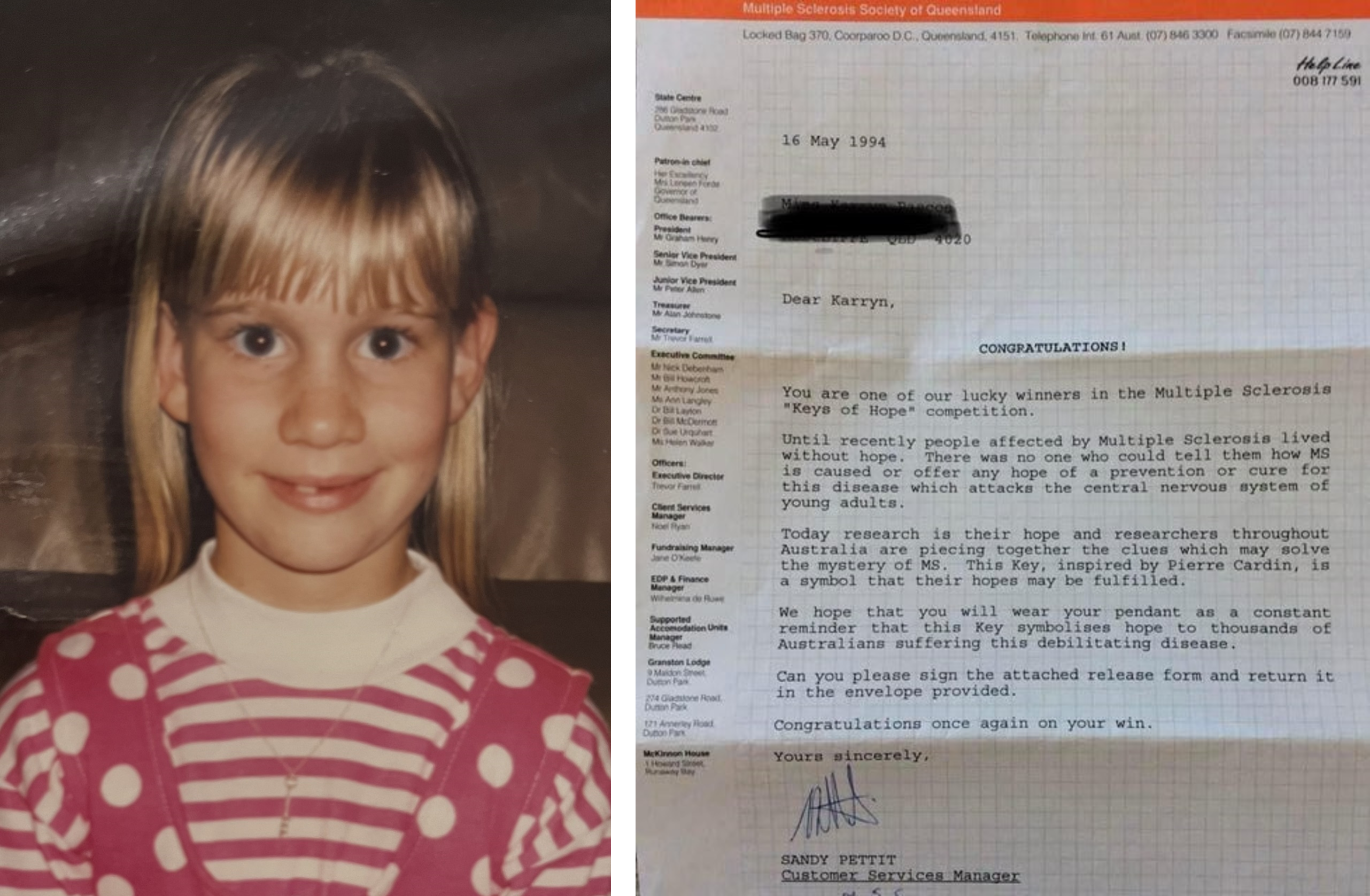
“Today, this key (which I still have) really does symbolise hope for me. Hope that the medication will work to slow the progression, hope that my symptoms don’t worsen, and hope that one day the cause will be known so that it can be prevented and cured.”
Since 2015, Karryn has either walked in or volunteered at every MS Moonlight Walk. “During the early days of my diagnosis I knew about MS Queensland as I had participated in the walks each year but didn’t start to access their services until 2019. When challenged with the daunting task of deciding on medication, MS Queensland provided a one-on-one consultation with an MS nurse who had a wealth of knowledge about the options presented to me by my neurologist. I was able ask questions without being rushed or having any concerns about prescribing bias driven by incentives. I have also accessed the Neuro Assist line and had excellent support provided by Alfia and the team.
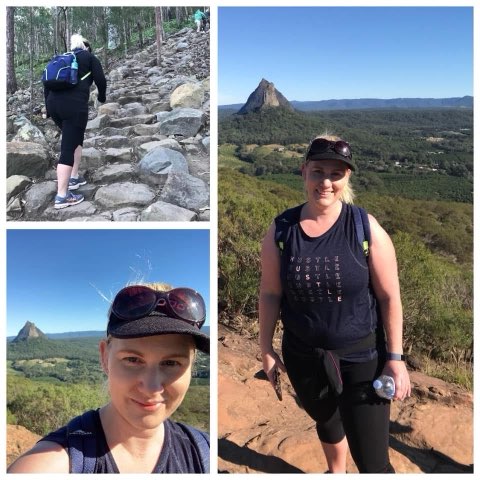
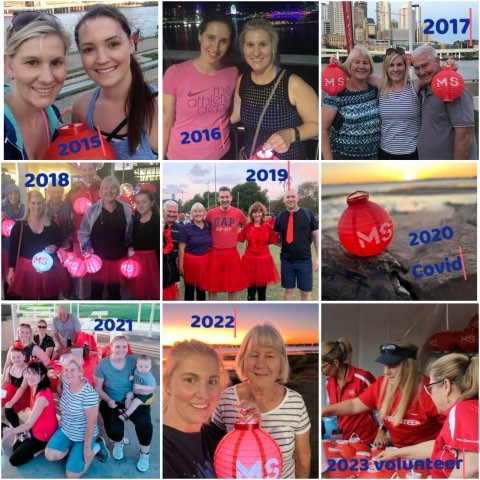
“That’s the hard part, that it is not visible or obvious to others to see what I am having difficulty with at the time.
“Over the years of fundraising for MS Queensland, people have been really generous and one year I raised $1,395. Aside from friends and family there is often donations from people who know someone close to them with MS and feel personally connected, or people I used to know or work with who had no idea my condition has progressed. It is really heartwarming to receive that support.
“Often, it’s the support that pulls you through; the support from the people you love and of MS Queensland. Support and hope – hope for new, better treatments and for a cure.”
In the meantime, Karryn will keep walking, raising awareness and fundraising, this year her team Special K aims to raise $1000 – adding the 2025 MS Moonlight Walk to a 10-year streak of commitment to shining a light on neurological conditions.
